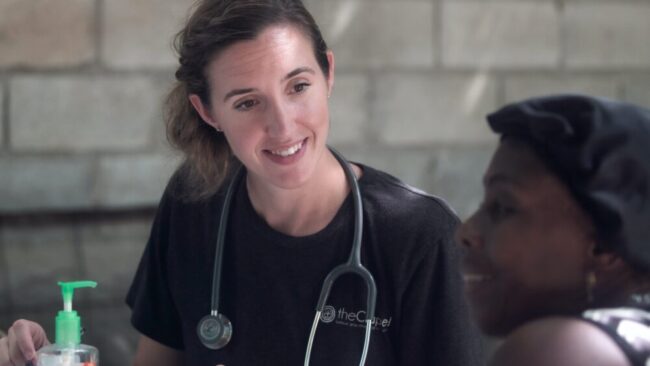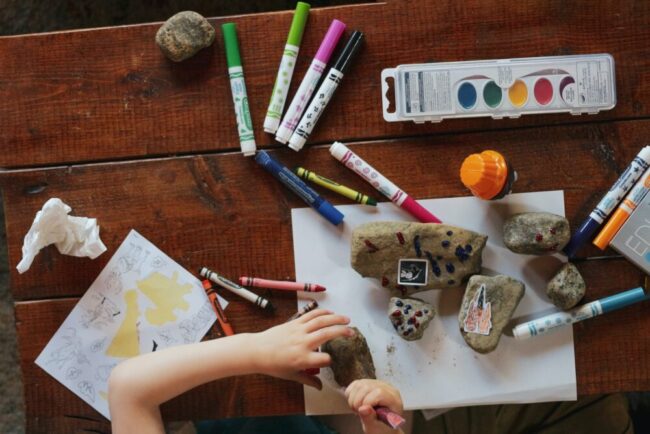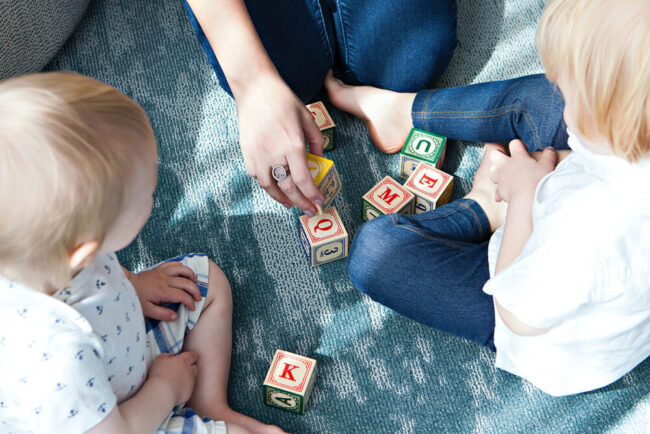So you want to work with kids? Good for you! Maybe it’s that you believe kids are the future or want to be part of the community who raises them. Regardless of whether it’s because children make you laugh or just that you’ve always been natural with them, a desire to work with kids can lead to a very rewarding career. From paths in mental wellness and nursing to less clinical positions like daycare and teaching, you can be part of a child’s overall health and happiness if you really want to. Working with kids will take training, experience and sometimes certifications, but the pay off will be worth it. If you are considering a career in child health care, read on.
Nursing
For those interested in direct patient care, an advanced nursing degree might be just the right career move for you. Pediatric nurses or general nurses who work in primary care settings can easily secure a collegiate nursing education. For those who hope to make the most impact, becoming a family nurse practitioner could be the way to go to. A FNP is licensed to see patients of all ages and prescribe medications to sick kids who hope to get back to daycare and school.
As a nursing practitioner, you will work with primary care providers in pediatric offices and may even serve as one to a child. This advanced practice nursing degree will afford you the opportunity to make a huge difference in the lives of children and their families. FNP programs are rigorous but will have you fully ready to work as a nurse practitioner in no time.
Mental Health
One area where there’s a real need for people who become trained to professionally work with children is in mental health. Whether it’s helping adolescents with mental illness or walking a child through a life changing event like the death of a parent or divorce, the field of child psychology is a great option for those looking to make a difference in kids’ lives. Children’s mental health issues are often treatable and helping parents and children to navigate behaviors, get the proper medication for mental health disorders and know how to advocate for themselves will make a big difference in the long term. Helping a child with mental health now will mean a happier adult later on down the road.
There are many ways to become involved with helping kids in the field of mental health. With a bachelor’s degree in psychology or sociology, you could work as a direct care assistant who works under therapists in homes to implement treatment plans. From helping a family through an IEP meeting at school to attending court hearings with families at risk, your job could be as simple as driving a child to and from supervised family visits or as complicated as being the first person a child looks to when things aren’t going well.
With a master’s degree, you could work as a child therapist. There are specialties for those interested in working with kids on the autism spectrum or with developmental needs. In the United States, a master’s level program will require supervised clinical hours, three years of study on top of your undergraduate degree, and a semester working face to face with clients. But the change you will be able to make in a child’s life might just be worth it to you.
Pediatrics
If mental health services or nursing isn’t for you, you could also work with children as a pediatrician or even as an assistant in a pediatrics office. Like other early childhood positions and careers, you would have the ability to be an important part of a child’s foundational years. This job would mean helping parents navigate their children’s medical decisions and even developmental stages on top of helping them treat a simple cough or cold.
Good health involves overall happiness and a sense of purpose. Treating children in a direct health care field contributes to their overall health and state of mind. From being part of setting a child’s foundation for learning and social skills to working with parents and families, you will be one of the first in line to help a child bloom.












